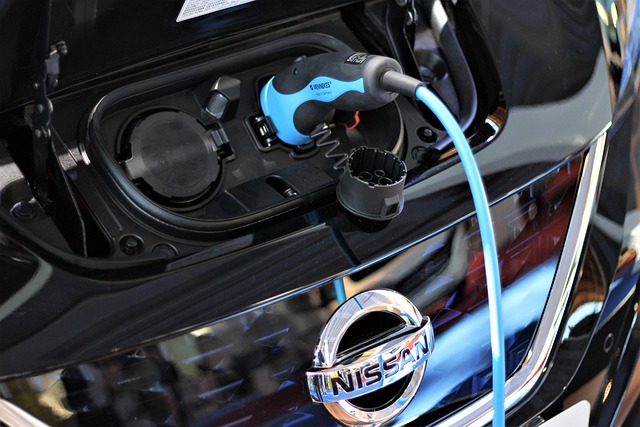The rapid advancement of technology and the global push for sustainable development are paving the way for a transformative shift in how we think about mobility. Among the most promising innovations in this realm is the solar-powered car, an exemplary solution that not only addresses our need for transportation but also considers its ecological footprint. Imagine a future where our daily commutes no longer contribute to the depletion of natural resources, but rather harness the untapped potential of the sun.
Solar-powered cars represent a crossroads between innovation and sustainability. By integrating photovoltaic cells directly into the vehicle’s structure, these cars use sunlight as a renewable energy source, minimizing reliance on fossil fuels. The implications of this technology extend far beyond just personal vehicles; they usher in a new era of mobility that aligns with the global vision of a carbon-neutral world. This paradigm shift encourages the development of green technologies that can revolutionize how we think about and use transportation.
Reducing our ecological footprint starts with changing how we transport ourselves. Traditional internal combustion engines not only produce harmful emissions but also contribute significantly to climate change. In contrast, solar-powered cars emit no tailpipe pollution, thereby offering a clean alternative that promotes a healthier environment. The beauty of solar energy is its abundance; as long as the sun shines, we can capture its energy free of charge, significantly lowering the operational costs of driving.
As cities become more congested and the demand for efficient public transport increases, integrating solar-powered vehicles into existing infrastructures can alleviate pressure on urban centers. Solar parking lots and charging stations can be established, enabling a seamless transition for fleet services and personal use alike. By fostering an ecosystem of solar mobility, we can encourage governments and private sectors to invest in sustainable solutions that prioritize people’s well-being and the planet’s health.
Moreover, the push for carbon neutrality is not just about the vehicles themselves but also about the entire supply chain that supports them. From the materials used in manufacturing solar-powered cars to the sustainable practices employed in their production, we can shift toward a holistic model of green transportation that embodies the principles of sustainable development.
As consumers become increasingly conscious of their choices, the demand for solar-powered vehicles is set to skyrocket. Automakers are poised to respond to this shift, sparking innovation and competition that will accelerate technological advancements in this sector. With more research and investment, the dream of accessible solar-powered cars for everyone may soon become a reality, transforming mobility into a clean, efficient, and sustainable experience.
In the pursuit of a carbon-neutral world, embracing solar-powered cars is not merely an option but a necessity. Together, we can drive towards a future where transportation is not a burden on our planet but a means of fostering harmony between progress and preservation. As we move forward, let us champion the technologies that respect our environment and ensure a brighter future for generations to come.




